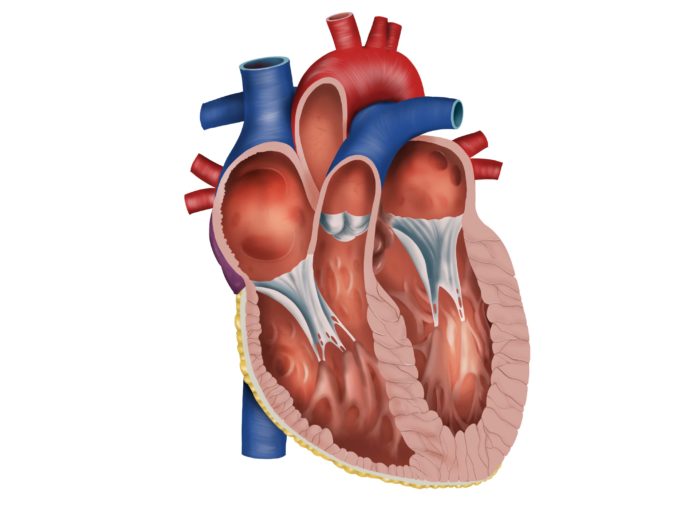Overview
The human heart is divided into four chambers. These are two atria and two ventricles. The smooth functioning of the atria and ventricles depends on valves that prevent the backflow of blood in the heart. These valves work like a one-way blood inlet at one side of the ventricle and a one-way outlet for blood on the other side of the ventricle. The four main valves in the human heart are, the mitral valve, tricuspid valve, aortic valve, and pulmonary valve. Any abnormal functioning of these valves could cause issues in the human circulatory system.
About pulmonary valve disease:
The pulmonary valve is a crucial contributor in maintaining the systolic and diastolic phases of the cardiac cycle. It is a semilunar valve that separates the right ventricle from the pulmonary artery . Thus, any disease related to the pulmonary valve interrupts the blood flow from the heart to the lungs. The different pulmonary valve diseases are:
- Pulmonary atresia: It is a congenital condition in which a pulmonary valve is not formed. In this condition, a solid sheet of tissue restricts the blood flow from the right side of the heart. Thus, there is a shortage of blood that reaches the lungs to gain oxygen.
- Pulmonary valve regurgitation: In this condition of the pulmonary valve, the flaps of the pulmonary valve can’t close tightly and cause leakage of blood back to the right ventricle.
- Pulmonary valve stenosis: In this condition of the pulmonary valve, the size of the valve reduces that impacts the blood flow. It reduces blood flow from the heart to the pulmonary artery and lungs.
What are the symptoms of pulmonary valve disease?
The symptoms of pulmonary valve diseases vary depending on the severity of the obstruction in the valve. Persons with mild pulmonary valve diseases may not even have any symptoms. The symptoms might indicate issues in the regular functioning of the pulmonary valve includes:
- Excessive fatigue with little physical activity
- Chest pain
- A turbulent flow of blood causes an abnormal whooshing sound that is heard using a stethoscope. It is called a heart murmur.
- Shortness of breath especially using exertion or physical activity.
- Sudden fainting or loss of consciousness
When to see a doctor?
It is recommended to see a doctor if you are feeling any symptoms related like chest pain, fatigue, or shortness of breath. The doctors might recommend you go for multiple tests to evaluate the disease.
Call 1860-500-1066 to book an appointment
How can you prevent pulmonary valve diseases?
It can be prevented depending on the condition of your disease. Many times doctors may recommend you to change your lifestyle or diet to prevent further worsening of the disease.
What are the remedies for pulmonary valve diseases?
The possible remedies for pulmonary valve diseases include surgical procedures to treat the condition.
What are the treatment options?
Heart surgery and procedures used to treat pulmonary valve stenosis include:
- Balloon valvuloplasty: The doctor a thin tube called a catheter, with a balloon at its tip, into an artery, generally in the groin. The X-rays are used to help guide catheter to the narrowed valve in your heart. The doctor inflates the balloon that widens the valve opening and separates the valve flaps.
- Pulmonary valve replacement: An open-heart surgery or a catheter procedure may be done to replace the pulmonary valve.
Also Read About: Transcatheter Aortic Valve Replacement
Conclusion
Pulmonary valve diseases sometimes may cause symptoms at all and. Be picked up only in a health checkup. On the other hand, some patients may feel symptoms of these diseases. Many treatments are now available to treat and help patients live a normal life.
Frequently Asked Questions (FAQs)
Do I have to go for surgery for pulmonary valve diseases?
Depending on your condition, your doctor may recommend you for surgery for pulmonary valve issues.
Are pulmonary valve diseases life-threatening?
It depends on the severity. Many times pulmonary valve diseases are not life-threatening but require immediate medical attention.


















